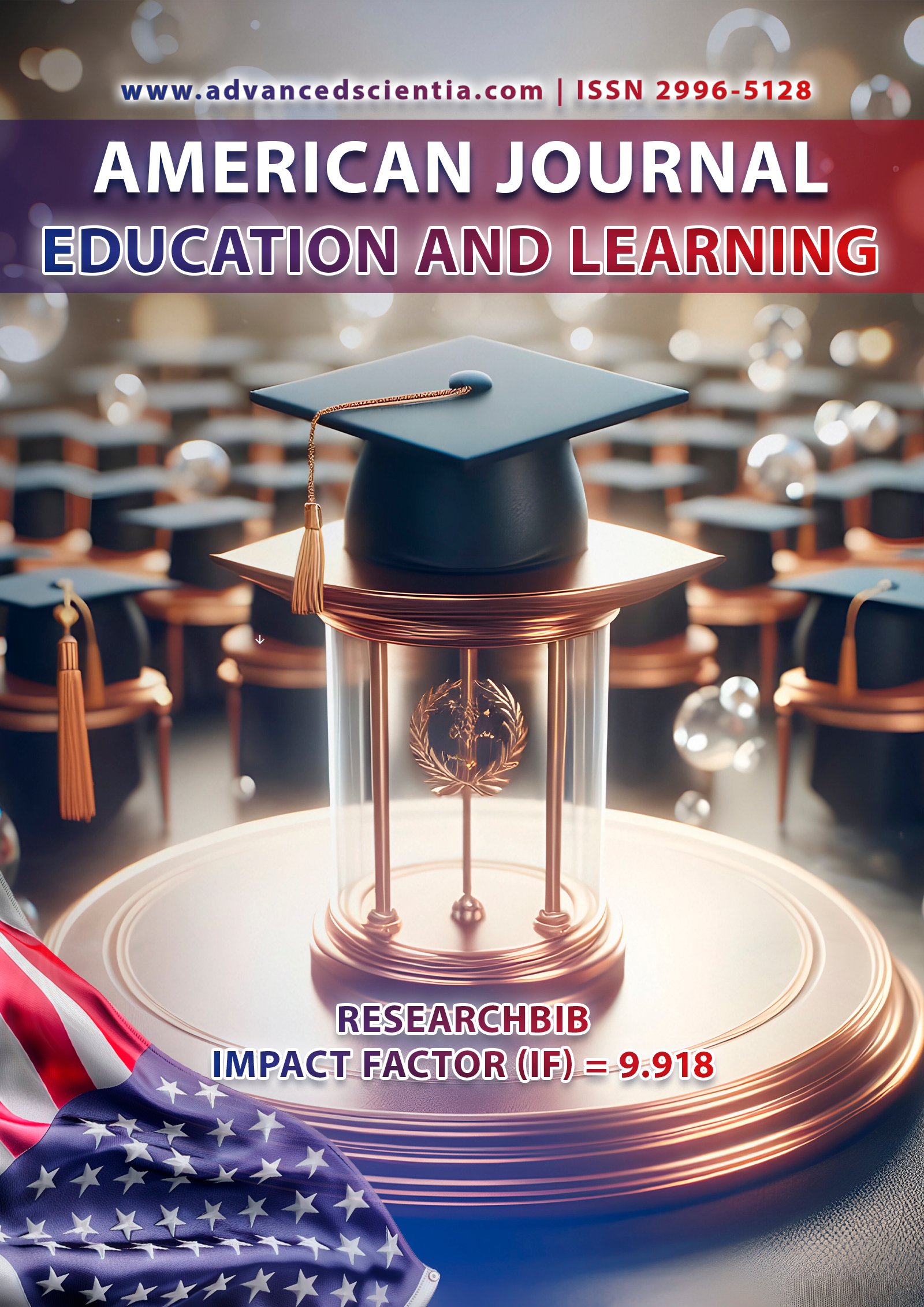LANGUAGE LEARNING WITHOUT A CLASSROOM: HOW LEARNERS USE ENGLISH IN EVERYDAY LIFE
Abstract
This study explores how individuals learn English informally, outside the classroom setting. With the growing global presence of English, learners are increasingly exposed to the language in daily life — through music, movies, conversations, social media, travel, work, and digital tools. The paper investigates whether such natural and unstructured exposure contributes effectively to language development. Using a mixed-method approach, this research includes a review of existing literature and a survey of 50 university students who engage in informal English learning. Findings show that learners often acquire vocabulary, improve listening skills, and build confidence through everyday exposure, though challenges remain in grammar accuracy and structured writing. The results support learner autonomy and experiential learning models, while also pointing to the need for guidance and self-regulation. The article concludes with recommendations on how learners can make the most of everyday English use, and how educators can support this outside-the-classroom learning.
References
• Benson, P. (2011). Teaching and Researching Autonomy in Language Learning. Routledge.
• Kolb, D. A. (1984). Experiential Learning: Experience as the Source of Learning and
Development. Prentice Hall.
• Krashen, S. D. (1985). The Input Hypothesis: Issues and Implications. Longman.
• Livingstone, D. W. (2001). Adults’ Informal Learning: Definitions, Findings, Gaps and
Future Research.
• Reinders, H. (2012). Digital Games in Language Learning and Teaching. Palgrave
Macmillan.
• Richards, J. C. (2015). Key Issues in Language Teaching. Cambridge University Press.
• Sockett, G. (2014). The Online Informal Learning of English. Palgrave Macmillan.
• Sundqvist, P., & Sylvén, L. K. (2012). Gaming as Extramural English L2 Learning and L2
Proficiency. ReCALL, 24(3), 302–321.
• Vygotsky, L. S. (1978). Mind in Society: The Development of Higher Psychological
Processes. Harvard University Press.






















